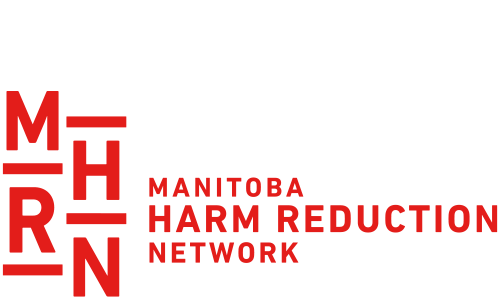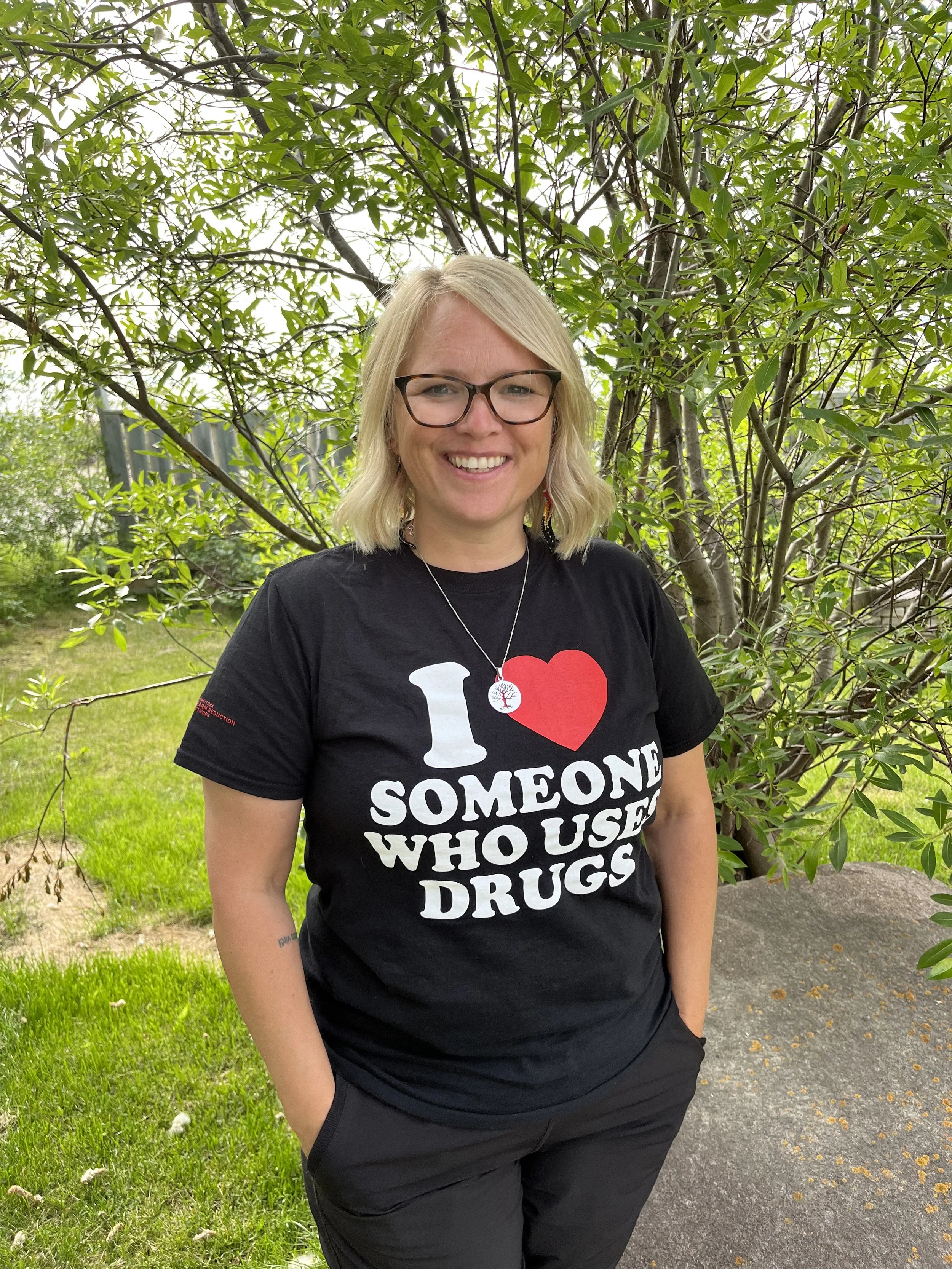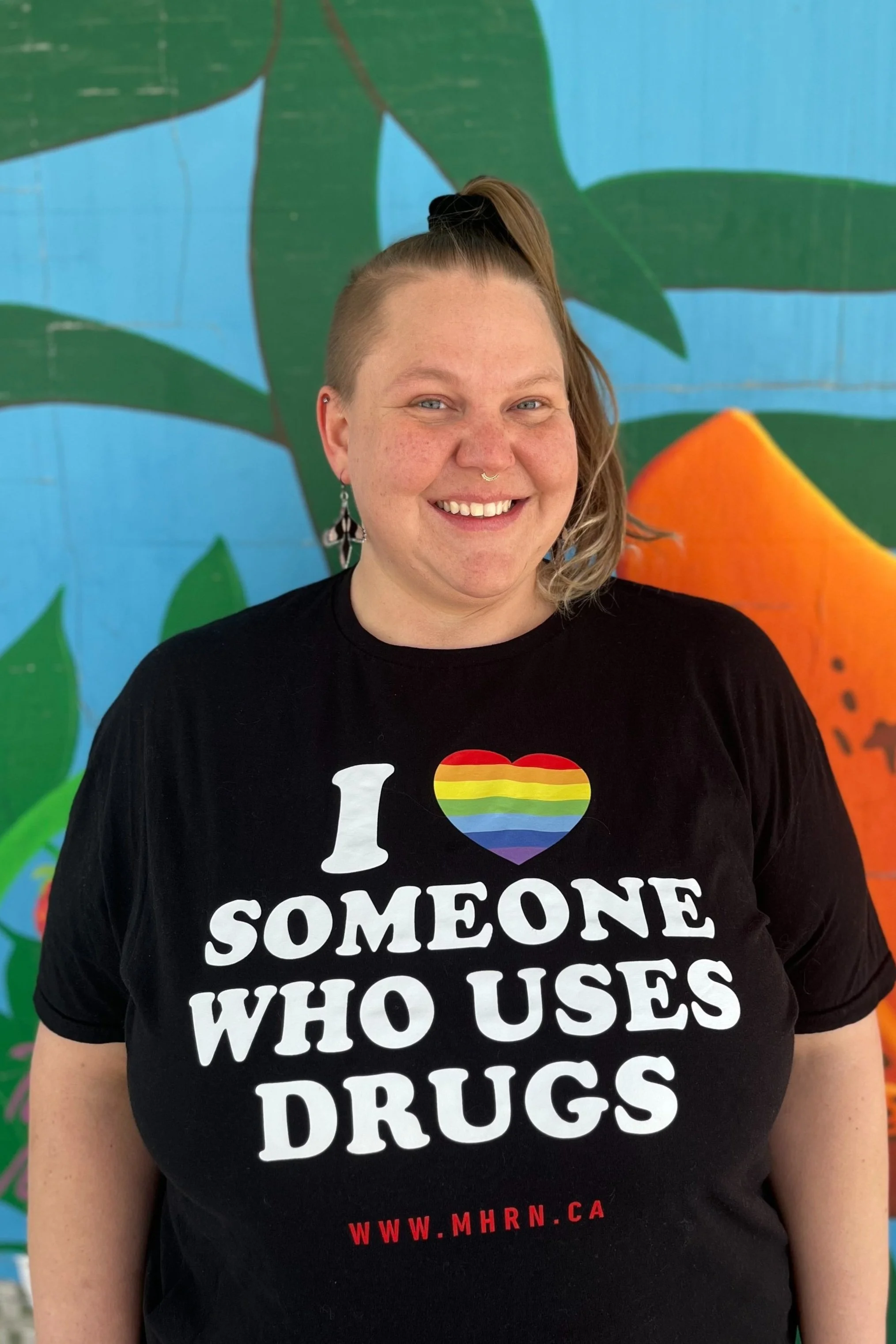MHRN Harm Reduction Workshops
WE BELIEVE IN EVIDENCE AND BEST PRACTICE WHEN WORKING WITH PEOPLE IMPACTED BY COLONIAL AND STRUCTURAL VIOLENCE; INCLUDING INDIGENOUS SCIENCE & WESTERN SCIENCE.
Harm Reduction is a best practice model for providing services in health care and social service programming for people who use substances and are impacted by colonial and structural violence; particularly the War on (BIPOC) People Who Use Drugs. Harm Reduction is more than needle distribution, and in fact, you do not need to do distribution to work from this model. Rather than focus on individual behaviour, our approach to harm reduction focuses on how systems create and exacerbate harms to people who use drugs and other oppressed groups, often by design and with intent. All workshops are delivered through an anti-oppression and anti-racism lens.
Harm reduction refers to policies, programmes and practices that aim to minimise negative health, social and legal impacts associated with drug use, drug policies and drug laws.
Harm reduction is grounded in justice and human rights. It focuses on positive change and on working with people without judgement, coercion, discrimination, or requiring that they stop using drugs as a precondition of support.
Harm Reduction International, What is harm reduction?
All of our workshops have a foundation of consistent core information and can be adapted to address specific community needs. Workshops can be delivered over ½ day or up to 3 days.
Who Should Attend
Community members interested in improving their capacity to work with people impacted by substance use and misuse
People who use drugs and other substances
Service providers who work with people who use drugs including: Physicians, EMS, Primary Health Care Staff, Public Health Staff, Acute Care Staff, Mental Health Workers, Home Care Staff, Community Outreach Workers, Addictions Workers, Social Workers, Corrections & Probations
Government & community service workers, outside of health, that work with people who use drugs including: EIA workers, CFS workers, Town employees, Educators, etc.
For organizations
Online
Offered on Google Meet provided by MHRN or alternative platform provided by the host organization.
In-person
The host organization is responsible for:
Providing a projector, extension cord, flipchart stand with paper, markers, tape, pens, paper
Arranging for beverages, snacks, lunch
Venue
Registration
For Individuals
Online
Offered on Google Meet.
In-person
3-day workshops
Beverages, snacks, lunch included
Runs from 9:00 am - 4:30 pm
Hosted at 83 Sherbrook Street in Winnipeg.
About the Facilitators
Shohan Illsley
Shohan was raised in Northern Manitoba; The Pas, Opaskwayak Cree Nation, and Churchill. Her grandparents are settlers from Iceland, Scotland, and England. She resides with her family in Winnipeg.
Shohan is the Executive Director of the Manitoba Harm Reduction Network and has worked in harm reduction since 2000. Her work experience has included working with people who use drugs that are impacted by structural and colonial violence. Shohan works from the foundation that people are experts in their own lives.
Shohan has been facilitating harm reduction training since 2007 and the training has evolved to be delivered through an anti-racism and anti-oppression lens. Focusing on system harms, this training looks at more than individuals' substance use and is called “Harm Reduction 2.0, Beyond the Needle!”
Shohan completed a Master’s of Science at the University of Manitoba. She was the recipient of a CIHR grant which funded a community-based research project titled “What goes around: How peers use their social networks to share STBBI education and information.” Shohan has since been the recipient of 2 additional CIHR grants.
Erica McNabb
Erica (they/them) is an uninvited white settler who lives where the Red and Assiniboine rivers meet, on the lands of the Anishinaabe, Ininew, and Red River Métis peoples (Winnipeg, Treaty 1). They have family ties to the valley of the Saskatchewan River in southwest Manitoba; lands of the Anishinabe, Dakota, Ininew and Métis people (Minnedosa, Treaty 2).
Erica has been facilitating workshops since 2001, with a focus on sex education, anti-oppression, and creating safer spaces. In addition to their role at the Manitoba Harm Reduction Network, Erica is a Sex Education Consultant and Community Organizer. Erica is a Queer Parent with two delightful school aged kids.
Erica is heart-led and centres relationship building, liberation and joy in their work. They commit to accountability through anti-oppressive and anti-racist practices and work to reduce the harms of colonialism.





